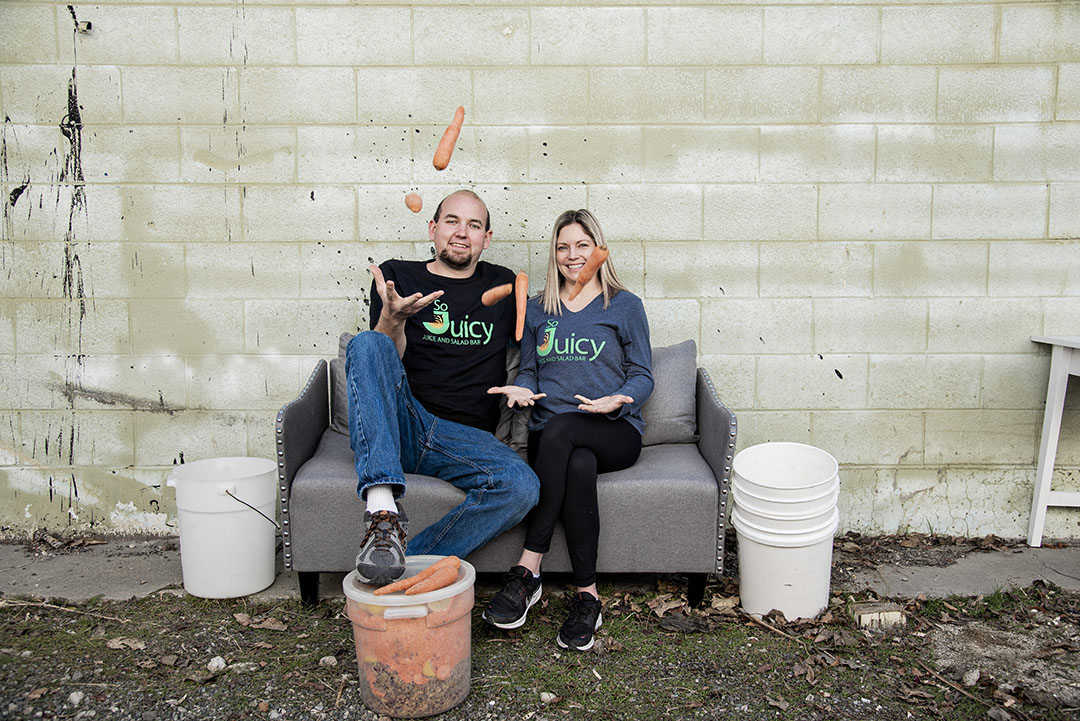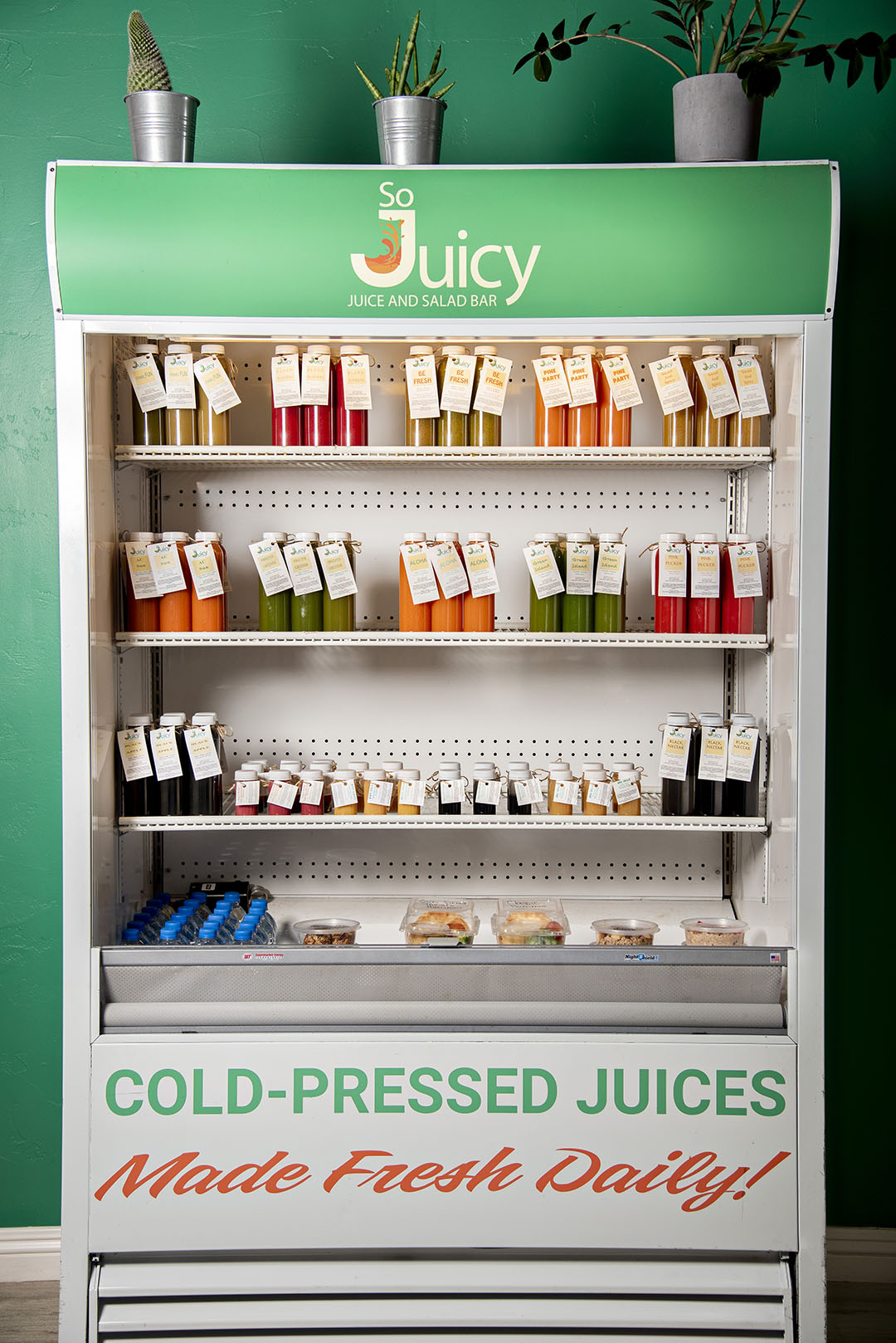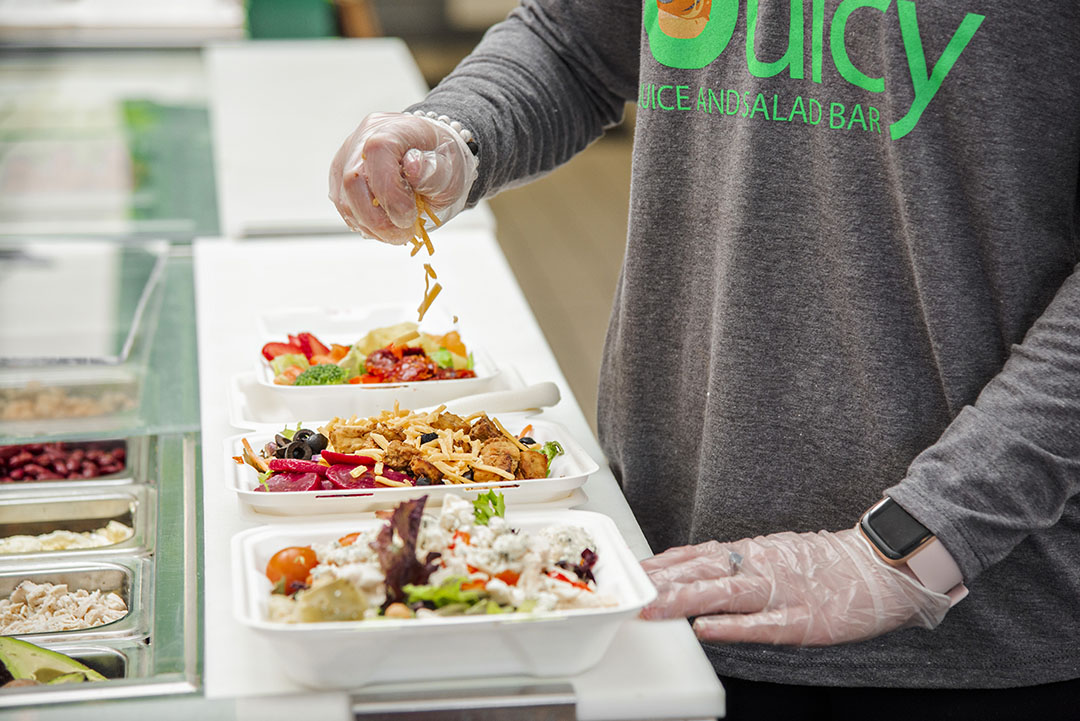Western Nevada College grant sparks Nevada’s new green certification program.
What do Carson City’s Western Nevada College; the University of California, Berkeley; and Arizona State University have in common? They are the only three colleges in the region to receive money from a federal 2020-21 Pollution Prevention Grant Program through the Environmental Protection Agency.
WNC’s impressive $345,000 grant, which it is using in collaboration with Northern Nevada nonprofit organization greenUP!, already has proven to have made a positive impact on Nevada’s environmental footprint, one business at a time.
With the funds, the two organizations developed a statewide green certification program called the Nevada Green Business Network, or NVGBN. Its goals include encouraging business owners to be sustainability leaders and meet environmental priorities, as well as help Nevada students and workers apply green business practices to all they do.
Green Goals
Designed to assist small- and medium-sized businesses, which usually don’t have as many resources available to them, NVGBN helps owners achieve their green goals; gives them industry-specific, best-practice checklists; and offers them green-business certification, at no cost.
The group helps them become more sustainable through energy savings, pollution prevention, solid waste disposal and transportation, water, and wastewater efforts. For example, NVGBN recently provided training on environmental best practices for the automotive industry, such as the use of water-based cleaners, avoidance of plastics and aerosols, and reduction of toxins in storm water.
A program for beer and food businesses also currently is underway.
To better achieve the program’s objectives, WNC and greenUP! implemented GreenBizTracker, a web-based software program that allows people around the nation to track their green businesses and collect related metrics, such as the amount of energy, water, waste diversion, and other resources saved through green practices.
One of the program’s green restaurants is Carson City’s So Juicy.
Donna Walden, president of greenUP!, explains that in order to be certified, So Juicy’s owners had to register on Nv.greenbiztracker.org and fill out a restaurant checklist that includes about 30 practices to follow. Categories include pollution prevention; solid-waste reduction, purchasing, and reuse practices; water efficiency; transportation; and energy efficiency.

So Juicy’s owners already had many eco-friendly actions in place, which helped it receive certification, such as recycling the equivalent of 64 gallons of cardboard per week; donating all of the pulp from the juice bar to the Greenhouse Project in Carson City for composting in the community garden; and asking customers ordering to-go items what disposable utensils or containers they may need before providing them, as a way to reduce waste.
With the guidance of GreenBizTracker, So Juicy’s owners improved efficiencies further by replacing halogen bulbs with LEDs, changing to compostable takeout containers, and adding energy-efficient covers to their display and sandwich prep refrigerators.

Currently, greenUP! and WNC are developing training sessions specific to the food-and-beverage, manufacturing, and brewery industries, to be released in the second half of 2022.
GreenBizTracker also offers a comprehensive list of green businesses for customers who wish to patronize them, along with an abundance of sustainable vendors with whom environment-conscious organizations may want to work.
Nine other partner organizations have been enlisted to assist with NVGBN’s mission, including Reno-Sparks Chamber of Commerce, Incline Village General Improvement District,Nevada Division of Environmental Protection, City of Reno, and Keep Truckee Meadows Beautiful.
Strong Progress
So far, 100 Nevada businesses are registered on the site. Thirty have been fully certified, and another 70 currently are undergoing the certification process.
Results have been remarkable. According to a report released by WNC and greenUP!, Nevada businesses achieved an aggregated annual savings of $109,165 in 2021. When expressed in sustainability terms, this equates to a savings of 276,355 pounds of carbon emissions; 638,987 kilowatt hours of electricity; 12,389 thermal units of natural gas; 378,447 pounds of solid waste, and 363 gallons of hazardous waste in a single year.
Currently, most certified businesses are in Northern Nevada, where the program began, but NVGBN is increasing its exposure and efforts in Southern Nevada.
“Often individuals ask, ‘Can I make a difference as one person?’” says Georgia White, director of professional and applied technology at WNC, who heads up the college’s involvement in NVGBN. “This tells us yes … you can see the impact on this state.”
For details about green businesses in Nevada and how to support them, or to become certified as a green business, visit Nvgreenbusiness.org.
Natasha Bourlin is a native Nevadan and freelance writer.


